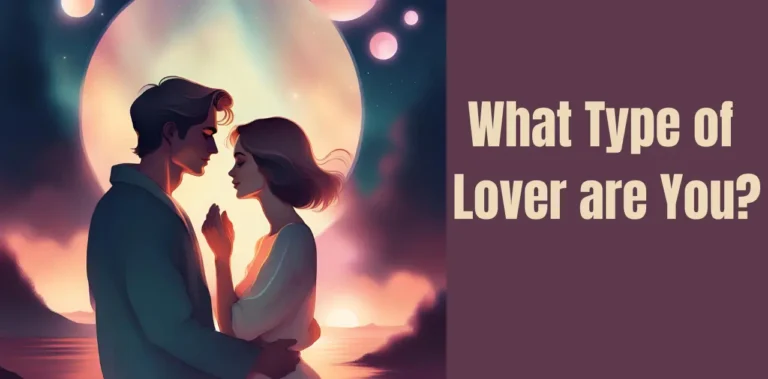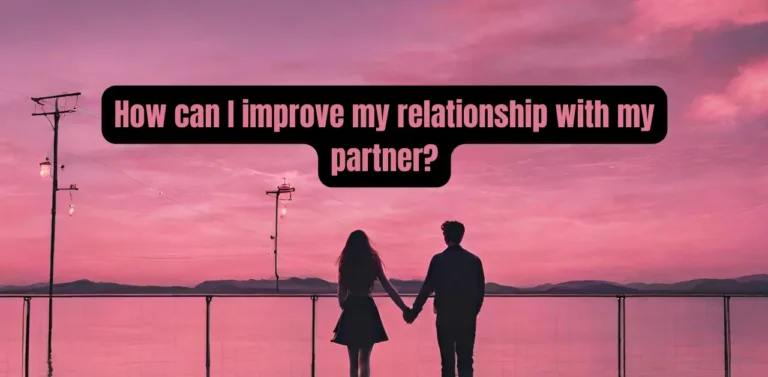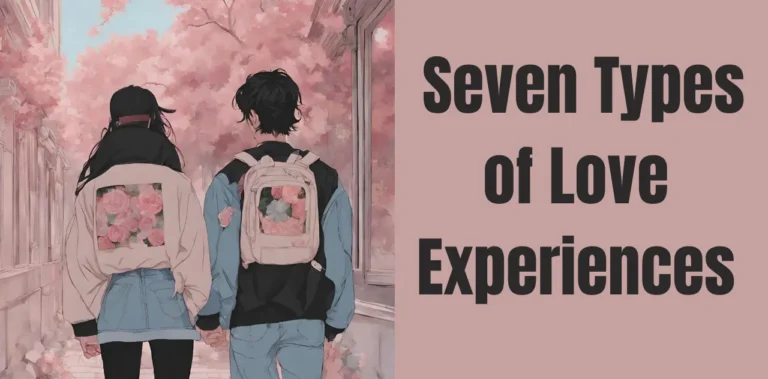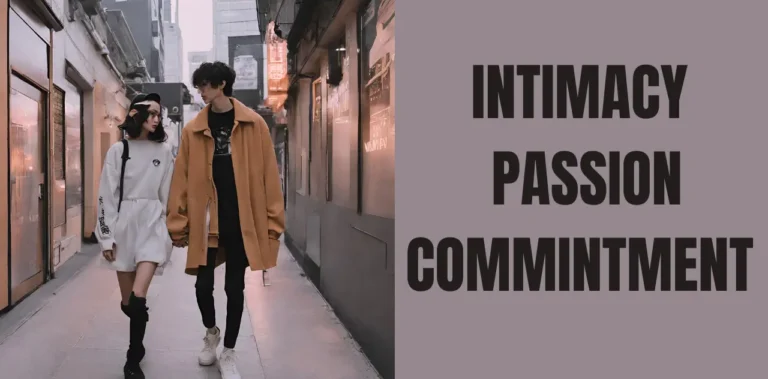Types of Love Psychology
Love psychology is the scientific study of how individuals experience and express romantic love. It explores the biological, psychological, and social factors influencing love, delving into aspects like attachment, attraction, and relationship satisfaction. The goal is to understand and improve the dynamics of romantic relationships.
Types of Love Psychology
Here are the 17 types of Love Psychology:
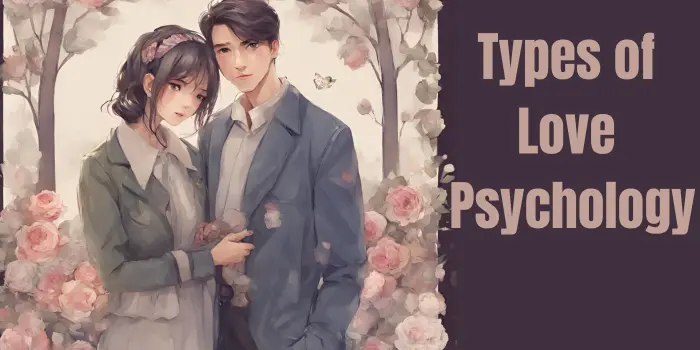
1. Companionate Love
This is the love that stands the test of time, weaving a deep bond of affection and commitment. It’s the warm embrace of companionship, where passion may dim but the connection remains steadfast, often found in long-term marriages and close friendships. See Also: Love Character Test
2. Infatuation
Ah, the whirlwind of emotions! Infatuation is the heady mix of passion and attraction, characterized by intense feelings and a longing for reciprocity. It’s the butterflies in the stomach and the daydreams of being with someone special.
3. Consummate Love
Picture a love triangle balancing passion, intimacy, and commitment – that’s consummate love. It’s the pinnacle of emotional connection, where all three components coexist harmoniously, creating a fulfilling and enduring relationship.
4. Empty Love
When commitment remains, but passion and intimacy dwindle, we find ourselves in the realm of empty love. It’s the lingering commitment in the absence of emotional connection, often seen in long-term relationships where the initial spark has faded.
5. Fatuous Love
Fast-paced and impulsive, fatuous love is the whimsical union of passion and commitment. Think whirlwind romances and impromptu decisions, where commitment is made without the solid foundation of intimacy. See Also: What is the meaning of intimacy, passion and commitment?
6. Romantic Love
A timeless classic, romantic love is the stuff of poetry and fairy tales. It’s the passionate, heart-fluttering connection that weaves together intimacy, passion, and commitment in the dance of romance.
7. Agape
Selfless and unconditional, agape is a transcendent love that goes beyond the self. It’s the love that encompasses compassion, empathy, and a genuine concern for the well-being of others.
8. Eros
Passionate and sensual, eros is the love that ignites desire and physical attraction. It’s the spark that fuels romantic relationships, where the focus is on the intensity of emotions and the pleasure of physical connection.
9. Ludus
Playful and carefree, ludus is the love experienced as a game. It’s the excitement of the chase, the thrill of flirting, and the joy of keeping things light-hearted and fun.
10. Pragma
Pragmatic and sensible, pragma is the love that prioritizes compatibility and shared goals. It’s a calculated approach to relationships, seeking practicality and long-term harmony.
11. Philia
The love of deep friendship, philia is rooted in companionship, trust, and mutual understanding. It’s the camaraderie that forms the foundation of enduring friendships.
12. Storge
Storge is the love that blossoms within families. It’s the affectionate bond between parents and children, siblings, and extended family members, grounded in familiarity and shared experiences.
13. Friendship
Beyond romantic entanglements, friendship is a unique form of love that thrives on trust, shared interests, and mutual support. It’s the comfort of having someone to lean on in good times and bad.
14. Nonlove
The absence of intimacy, passion, and commitment defines nonlove. It’s the lack of emotional connection, often seen in casual relationships or situations where individuals remain indifferent to one another.
15. Philautia
Self-love takes center stage in philautia. It’s the appreciation and acceptance of oneself, fostering a positive self-image and emotional well-being.
16. Liking
Simple yet profound, liking is the foundation of many relationships. It involves a sense of enjoyment and positive regard for someone without the intensity of romantic or familial bonds.
17. Mania
Intense and turbulent, mania is a love marked by obsession and possessiveness. It’s the rollercoaster of emotions where passion and jealousy intertwine, often leading to emotional highs and lows. See Also: Factors for Relationship Compatibility
The Two Types of Romantic Love Psychology
Within romantic love, psychology identifies two primary types – Eros, characterized by passionate desire and physical attraction, and Ludus, marked by a playful and flirtatious approach to love. Understanding these types helps unravel the nuances of romantic relationships.
What Is Real Love in Psychology
Real love, in psychological terms, goes beyond mere infatuation or fleeting passion. It encompasses a deep and enduring connection that involves a combination of intimacy, passion, and commitment, as seen in forms like Consummate Love and Companionate Love.
Conclusion
In conclusion, the world of love in psychology is a vibrant mosaic, with each tile representing a unique facet of human connection. As we navigate the labyrinth of emotions, it’s essential to recognize and appreciate the diversity of love in its many forms, understanding that each type contributes to the rich tapestry of our shared human experience.
FAQ’s
Understanding love types aids in navigating relationships, fostering effective communication, and promoting emotional well-being.
Psychologists distinguish liking by positive regard, while romantic love involves deeper emotions, physical attraction, and commitment.
Yes, relationships often evolve, with love types changing over time (e.g., from passionate romance to enduring companionship).
Self-love is vital for mental well-being, cultivating resilience, positive self-esteem, and healthier relationships.
Love psychology knowledge aids in expressing emotional needs, understanding partners, and fostering empathy for better relationship communication.




